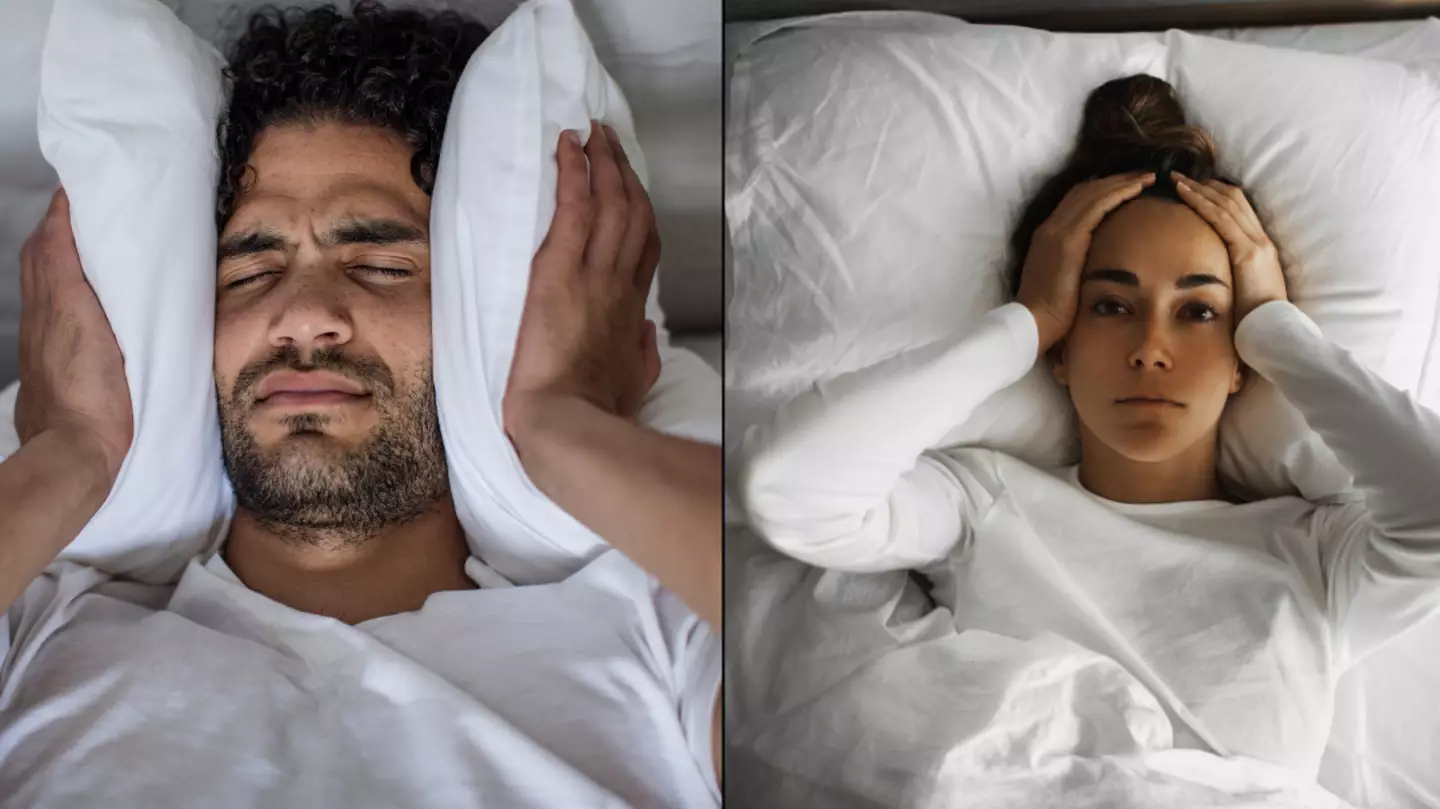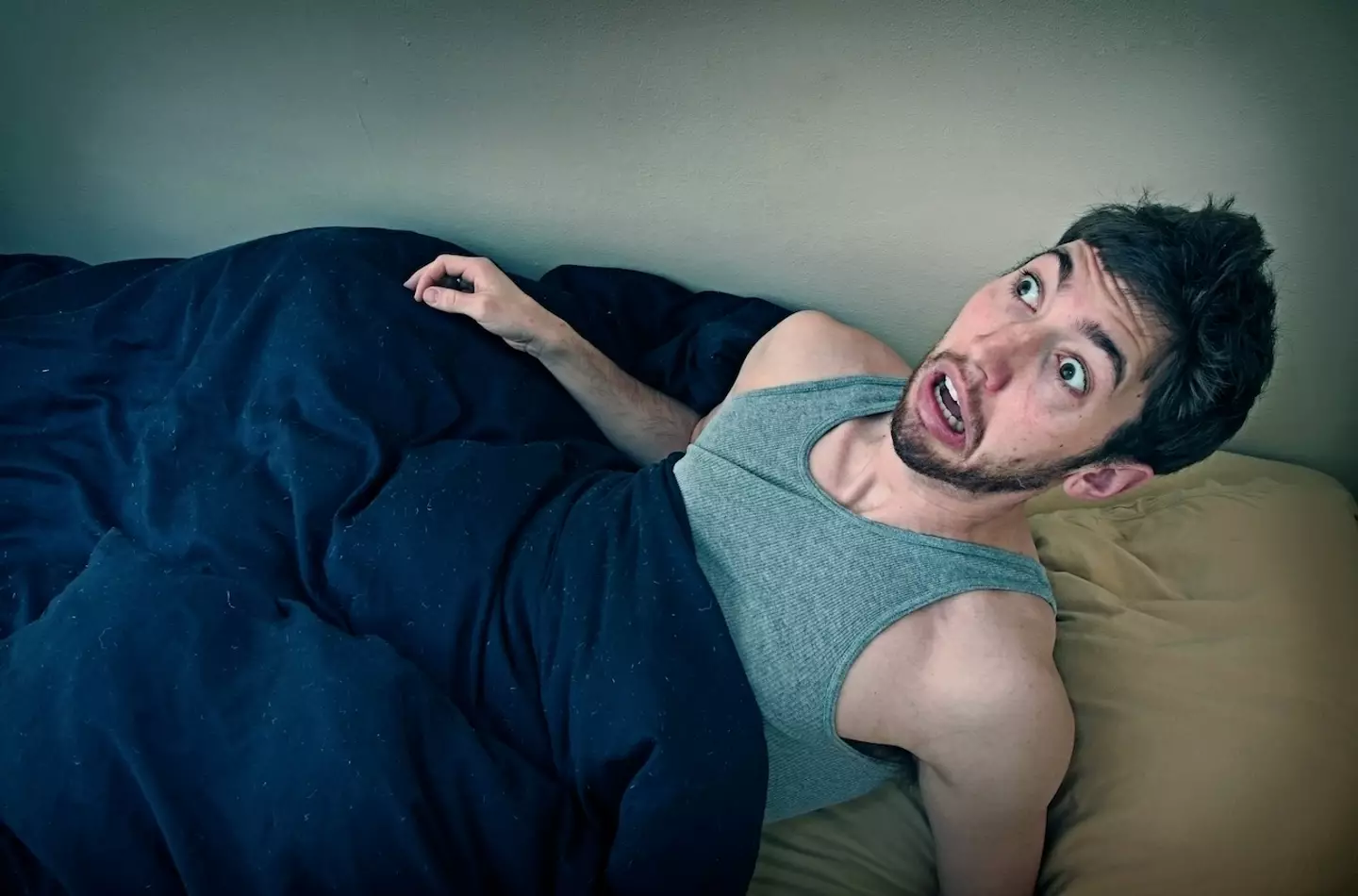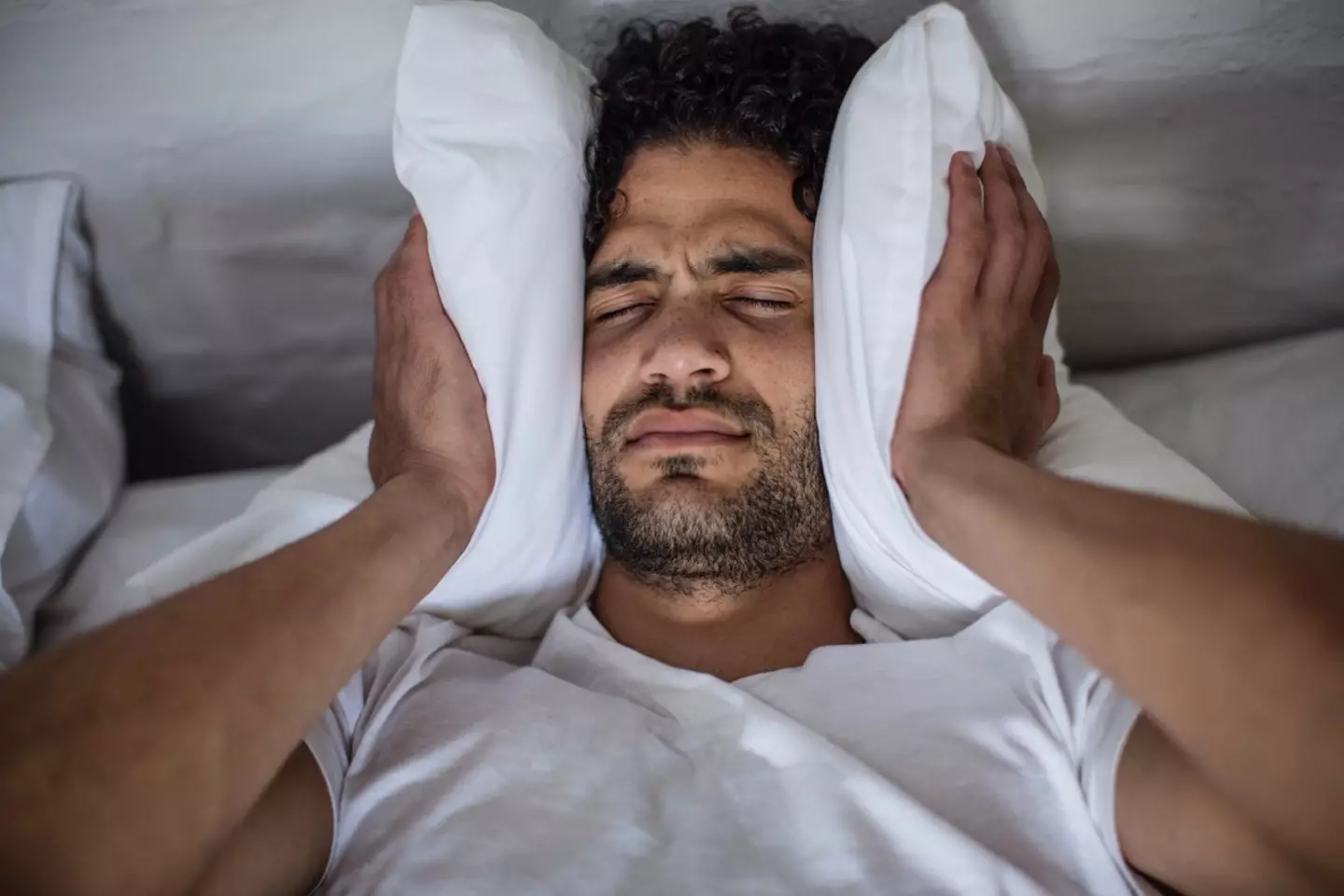
Many struggle to get a good night's sleep as it is, with one in three in the UK currently suffering from Insomnia, as per the NHS.
Amid the various sleep disorders that could be at play, there's one that can feel more alarming than most.
If you've ever experienced an 'explosion' sound going off in your head before you kip, then you are not alone.
Exploding head syndrome (EHS) is a fairly common sleep disorder, though it sounds more dangerous than it actually is.
Advert

What is EHS?
EHS is a type of sleep disorder that involves hearing a loud noise or explosive crashing sound in your head just before you drift off.
While some compare EHS to sounding like a bomb or someone screaming, others think it sounds more like a door slamming.
It only lasts a few seconds - but it can be terrifying - as an estimated 10 percent of people are said to have experienced it, according to Mayo Clinic.
Advert
Dan Denis, a lecturer in Psychology at the University of York, explained that EHS 'belongs to a family of sleep disorders known as parasomnias'.

In a column for The Conversation, he wrote: "A typical episode is characterised by the experience of an abrupt loud noise or a sense of an explosion inside the head that occurs during the transition from wakefulness to sleep.
"The sounds that are heard during EHS are variable, and include perceptions of gun shots, doors slamming, or nondescript screaming. Importantly, the sounds that are heard are always short (a few seconds or less), very loud and without any obvious external source in the environment."
Meanwhile, the exact cause behind the sleep disorder is still unknown, Denis says.
Advert

Can EHS be dangerous?
The good news is that EHS - though scary at the time - is said to be harmless.
"It is however important to distinguish an episode of EHS from other conditions, particularly from various types of headaches," Denis warned.
"EHS episodes are very short (several seconds) and usually there is no associated pain. If there is, it is mild and transient.
Advert
"In contrast, many headaches are longer-lasting and are associated with significantly higher levels of pain.
"Encouragingly, simply learning that EHS is a common and harmless condition can go a long way.
"In a patient case study, it was reported that reassurance and education about the experience stopped the episodes from happening."
Topics: Health, Mental Health, Sleep, NHS, UK News